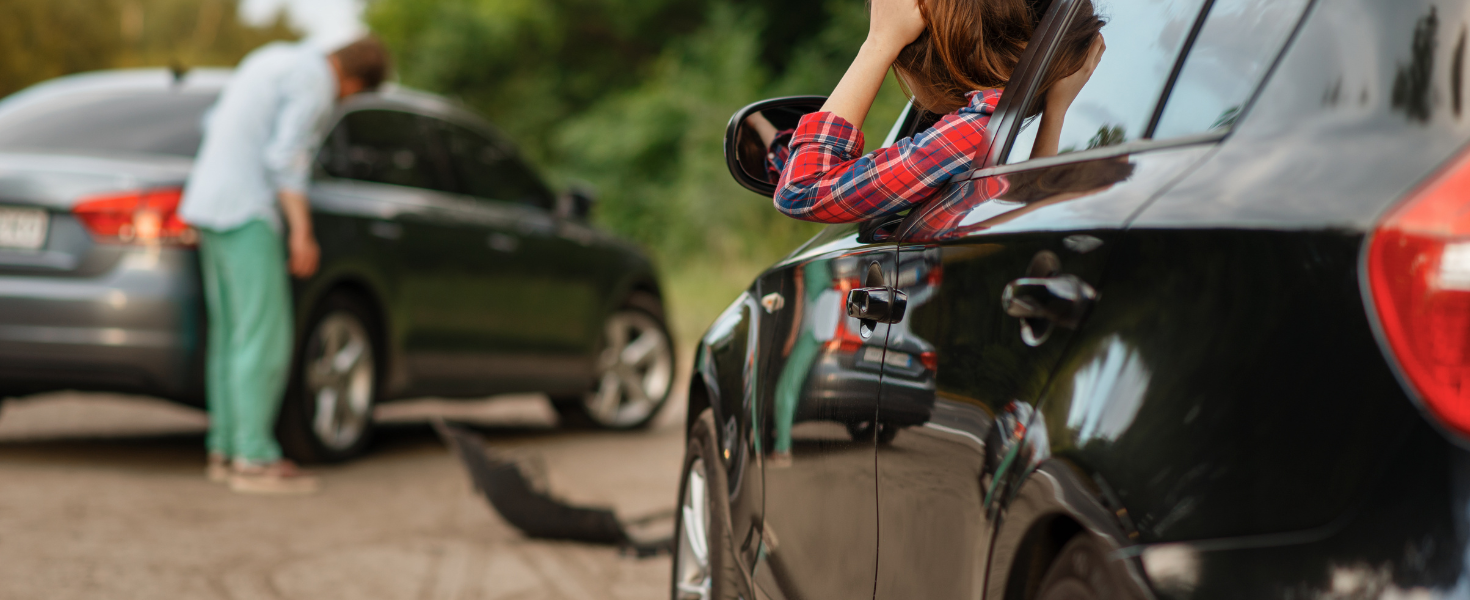What to Do After a Car Accident
Even a minor accident can cause major stress. Here’s what to do if you’re involved in one.


Driving is not only a privilege but also a way of life for most Americans, with the average US driver logging nearly 14,000 miles a year, according to the US Department of Transportation’s Federal Highway Administration. And with the freedom of the highway comes the responsibility of driving safely—and being prepared for emergencies, including vehicle collisions.
Knowing what to do after an accident can make a critical difference when it comes to ensuring everyone’s safety and simplifying the insurance claims process. Here’s what to do if you are involved in a car accident.
1. Remain calm, and check for injuries
If anyone suffered a serious injury, call 9-1-1 immediately. If the collision is minor, move your vehicle from the roadway to prevent other accidents.
2. Contact the police
Wait for law enforcement to arrive before discussing the collision. Once the police arrive, explain what you know about the incident, and get the officer’s name, police department and badge number as well as a copy of the police report, if available.
3. Document the damage of all vehicles
Police may not respond if there are no injuries or serious damage, so it’s important to take lots of photos and notes. These will aid you if you file an accident report at the police station as well as when filing insurance claims.

4. Exchange information with the involved parties
Before leaving the scene, get the other driver’s name, address, phone number, insurance provider, policy number, driver’s license number, license plate number, and vehicle make and model. Also, ask for the names and phone numbers of witnesses.
5. Notify your insurance carrier pronto
Inform your carrier right away to help the claims process go smoothly. Additionally, your insurance representative can watch for any false claims made against you.
. . . . .
Knowing what to do before an accident happens can make a big difference in the outcome. Safety is always the priority, and being prepared can make a distressing situation less stressful. Keep this accident checklist in your glove compartment for quick, easy reference.
